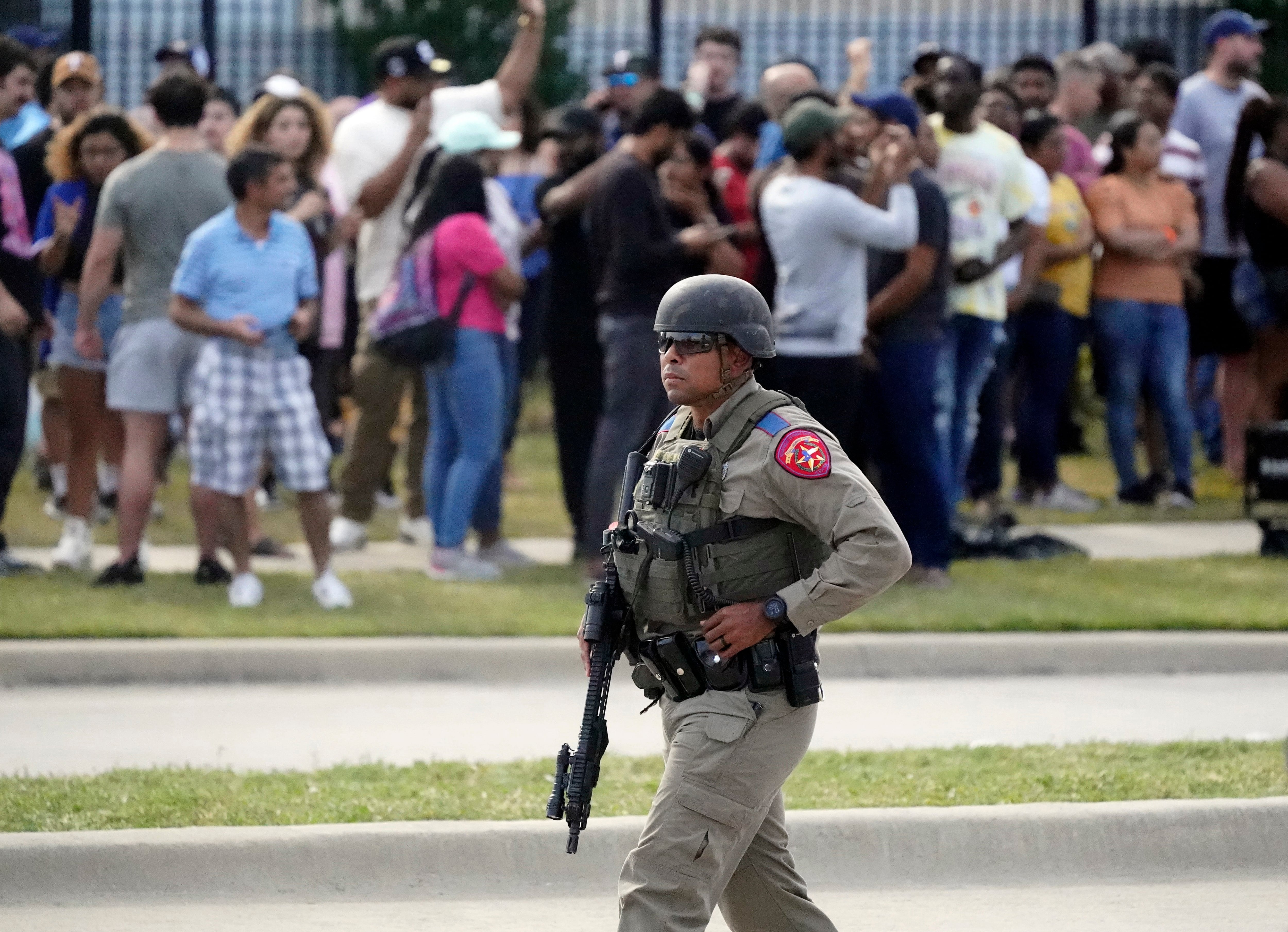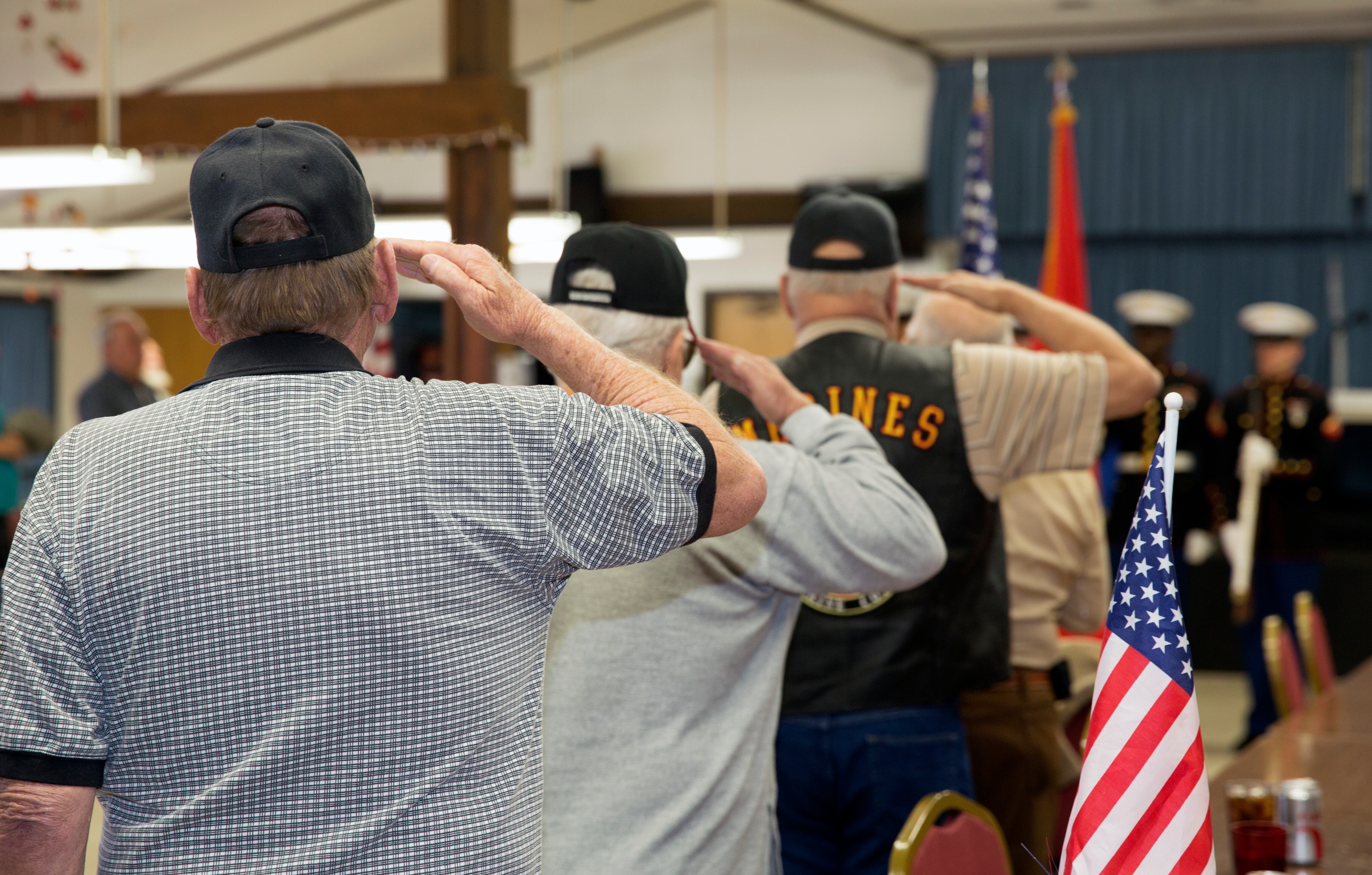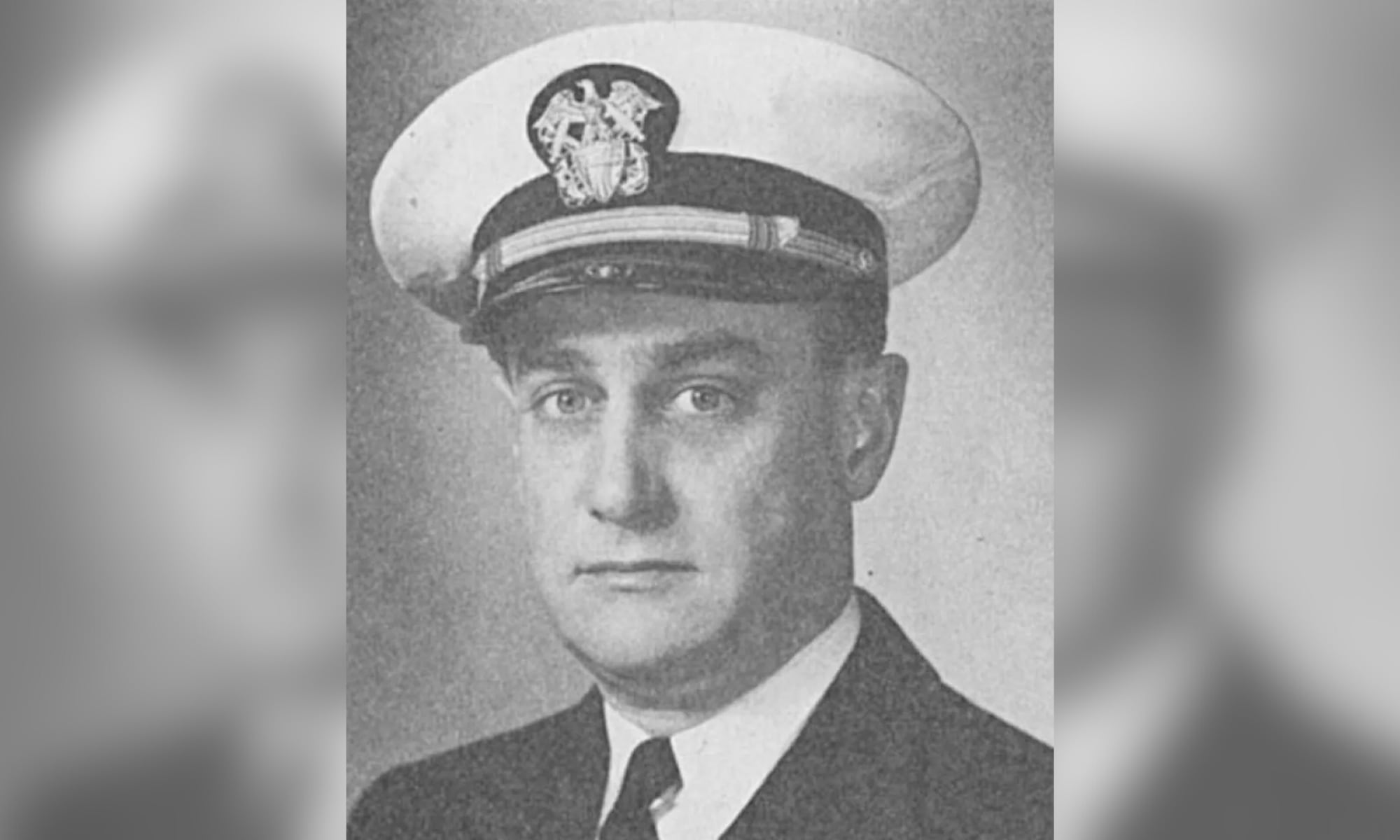Mauricio Garcia, the gunman who killed eight people at a Texas Mall on Saturday, spent three months in Army basic training in an attempt to become an infantry soldier in 2008. But military leaders on Tuesday bristled at the suggestion that he deserves the title of “veteran.”
“He is not a veteran,” Pentagon Press Secretary Air Force Brig. Gen. Pat Ryder flatly stated to reporters at a department press conference. “According to federal regulations, this individual, in terms of the time of service, would not qualify as a veteran.”
The term was used in several news reports (including Military Times) to describe Garcia, who was killed by police responding to the deadly attack. The confusion over exactly who can call themselves a veteran underscores the varying definitions used by the public, federal and local government officials and even within the military and veterans community, whose numbers have dwindled steadily over the last three decades.
RELATED

When it comes to issues of veterans benefits and services, the rules are straightforward. Federal code classifies a veteran as “a person who served in the active military, naval, air, or space service, and who was discharged or released therefrom under conditions other than dishonorable.”
VA officials said that most individuals must serve two years on active-duty to qualify for things like veterans home loans and education benefits, although some troops injured early in their military careers or even in basic training can qualify for assistance.
Garcia didn’t fall into either of those categories. According to Army officials, he was dismissed from the service before completing his training because of an “uncharacterized” mental health condition. That discharge is not the same as an injury separation.
Service officials have not released details of Garcia’s dismissal. Since the shooting, outside groups have identified racist online postings by the 33-year-old as a possible motivation for his attack. It is not known if he held those views during his brief military stint.
Rules regarding local veterans benefits vary from state to state, and usually cover things like lower local tax rates and waived fees for state services. Those differences do not impact veterans’ federal eligibility.
Veterans who qualify for benefits can also have their federal payouts reduced or revoked if they are convicted of a felony, although VA officials still categorize imprisoned individuals with military experience as “veterans.”
The question of who the public sees as a veteran is trickier. For years, veterans groups have pushed forward messaging emphasizing that individuals who never saw combat or did not spend time in hazardous overseas locations still should be honored for their service and sacrifices.
They’ve also advocated for (and successfully moved along) legislation to better clarify what benefits reservists and National Guard troops qualify for, and to recognize them as veterans in good-standing.
But those efforts almost always focus on individuals who spend some time in active-duty service, not simply in military training.
“There has to be some element of actual service, and that wasn’t there with [Garcia],” said Patrick Murray, director of the Veterans of Foreign Wars’ National Legislative Service. “Just because you got on a bus with the intent to serve doesn’t mean you became a veteran.”
In 2017, the issue of defining who counts as a veteran made similar headlines when then Veterans Affairs Secretary David Shulkin said another mass-murderer with prior Air Force service did not “deserve to have the same title as the men and women who served this country honorably.”
In that case, the shooter — Devin Patrick Kelley, who served four years before a court martial and bad conduct discharge for domestic violence — killed 26 people at a church in an attack that appeared connected to the same domestic violence issues. Kelly was found dead a few miles away from the scene.
VA officials have made several outreach efforts to individuals with other-than-honorable discharges — including expanded mental health care options — in an effort to ensure all military service is properly recognized. But Murray said that doesn’t mean that anyone with any connection to the military gets to claim veteran status.
“If you were drummed out of the service for wrongdoing or before you even really served, that’s not a veteran,” he said. “Absolutely not.”
Leo covers Congress, Veterans Affairs and the White House for Military Times. He has covered Washington, D.C. since 2004, focusing on military personnel and veterans policies. His work has earned numerous honors, including a 2009 Polk award, a 2010 National Headliner Award, the IAVA Leadership in Journalism award and the VFW News Media award.





